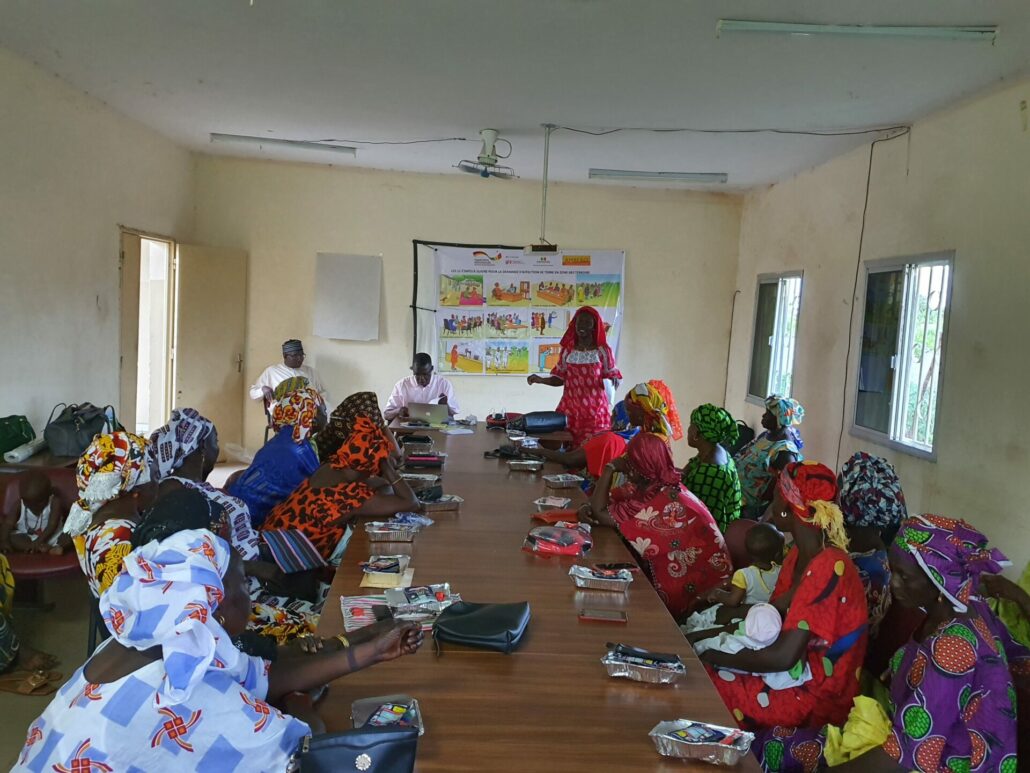- Governance of land policy and land management in the pilot communes has improved;
- Skills in the deconcentrated services as well as in the private and educational sectors for the implementation of procedures to secure land rights have been strengthened;
- The legal and regulatory framework for securing land rights has been improved.
Support to Land Rights and Administration in Senegal – Sensitization at commune level and support to women in land rights matters
Context
Despite the reform efforts of the Senegalese government, the legal or regulatory framework does not yet meet the requirements to start a nationwide formalisation of land use rights and at the same time avoid negative impacts especially on women, pastoralists or youth. In particular, the registration of rights as a family unit, the registration of pastoralists‘ rights of use, the handling of common property, and the need for public land for stockpiling by communities are unresolved. These causes can be changed by the project. Both at the national and regional level, but especially at the community level, there is a lack of steering, planning and implementation capacities for land rights procedures.
The activities provided by AMBERO in this GIZ project are aimed at strengthening women’s land rights. Although in Senegal women and men are equal before the law in formalised law and women as well as men are allowed to acquire both land use and land ownership rights, traditional law determines the economic system and access to land in Senegal’s rural areas. According to traditional law, land is owned by the family, and ownership and use rights are in the hands of the men. Women usually gain access to land use rights through marriage, but even then these rights are temporary. The regulation that land is registered in only one name in the course of formalisation thus leads to a creeping individualisation of land ownership in favour of men.
Project description
Services
- Information and awareness-raising of the population on land rights, in particular on the new options arising from the reform process (including women’s rights);
- Documenting the perspectives of the population and local decision-makers for a policy dialogue on the land rights reform process;
- Improve women’s use of their land rights, through legal advice on their expanded legal options, and increase of the acceptance of the these in the municipalities;
- Support for women and other vulnerable groups (e.g. pastoralists) in claiming and valorising land rights (especially new and expanded options in the reform process);
- Supporting and accompanying women’s groups in the development and use of their land.

AMBERO Consulting Gesellschaft mbH
Westerbachstraße 3
D-61476 Kronberg i.Ts.
Germany
Phone: +49 6173 325 40 0
Fax: +49 6173 325 40 22
E-Mail: info@ambero.de
Expertise
Latest project
Stay connected
Follow us on LinkedIn
Sign up for our Newsletter







